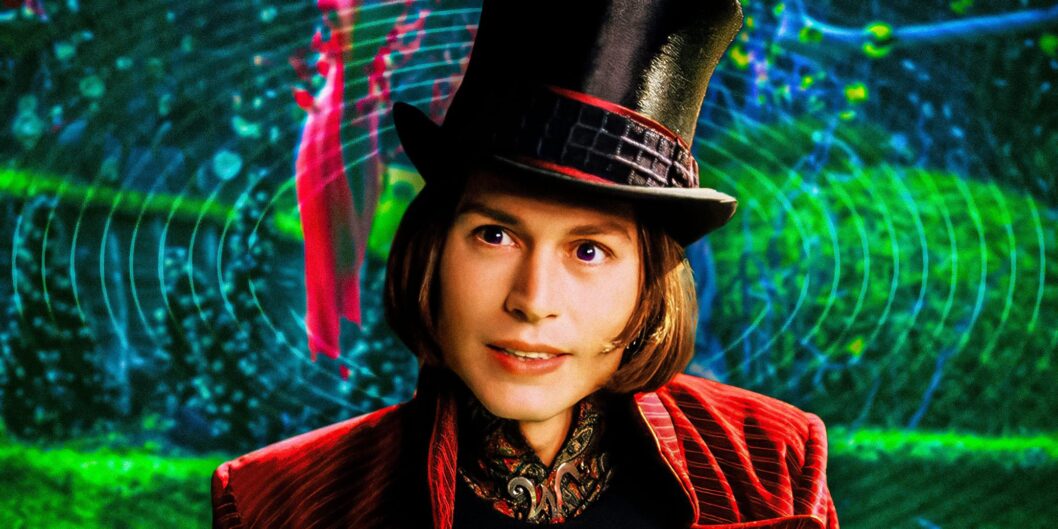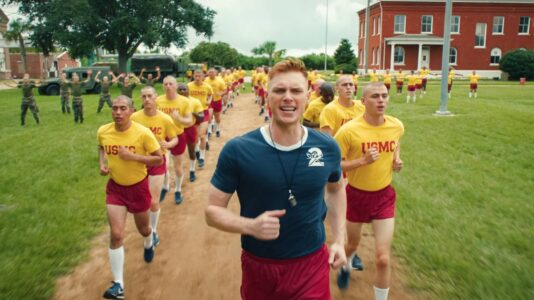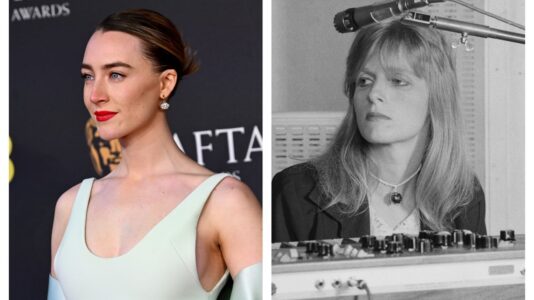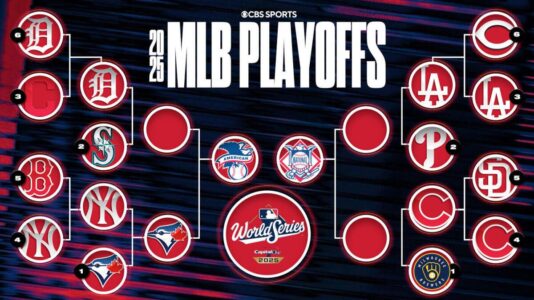Examining Tim Burton’s Controversial Take on Charlie & the Chocolate Factory
Tim Burton’s adaptation of Roald Dahl’s beloved children’s book, Charlie & the Chocolate Factory, released in 2005, continues to stir debate among audiences and critics alike. Departing significantly from both Dahl’s original narrative and the iconic 1971 film Willy Wonka & the Chocolate Factory, Burton’s version introduces a deeper exploration of Willy Wonka’s character while altering key plotlines and themes. The film’s reception highlighted the challenges of remaking a classic, further complicated by the legacy of Gene Wilder’s portrayal of Wonka.
Major Changes and New Characters in Burton’s Version
Burton’s film presents a notably different storyline, erasing elements such as Mr. Slugworth’s role in the original and weaving in newly developed characters, including Charlie’s father and grandparents. However, the most significant alteration revolves around Willy Wonka’s backstory. Flashbacks revealing Wonka’s tumultuous childhood and complicated relationship with his father are pivotal to the film’s narrative structure.
The decision to showcase Wonka, played by Johnny Depp, as the son of a strict dentist was initially perceived as an intriguing twist but has drawn criticism for overshadowing the movie’s central themes. Critics argue that while exploring Wonka’s past may have seemed innovative, it ultimately deviates from the core messages of kindness, virtue, and the critique of greed encapsulated by Charlie Bucket’s journey, who is portrayed by Freddie Highmore. The frequent flashbacks to Wonka’s childhood pull focus away from Charlie’s important story, leading to a diluted narrative where neither character’s development is fully realized.
Themes and Audience Reception
Charlie Bucket’s role is crucial to illustrating the themes of social class and virtue as he navigates the challenges posed by the other, less fortunate children vying for Wonka’s golden tickets. The movie attempts to tackle various themes, often with disjointed results. According to critics, this additional layer of Willy Wonka’s backstory ultimately detracts from the film’s execution of Dahl’s thematic richness, eroding the sense of wonder that permeates the original story.
Gene Wilder’s performance in the 1971 adaptation is often cited as iconic, making it particularly challenging for audiences to accept a new interpretation. Many viewers and fans of the original film maintain that it is difficult to envision any character other than Wilder as Willy Wonka. The controversy surrounding Burton’s film even reached Wilder himself, who expressed dissatisfaction with the reimagining of his classic role.
Controversial Legacy in Film Adaptation
Examining the impact of Burton’s Charlie & the Chocolate Factory reveals a broader commentary on the landscape of cinematic adaptations. Since its release, the film has been viewed as isolated from the franchise, especially as the recent Wonka film starring Timothée Chalamet revisits a storytelling style more in line with the enchanting tone of the original. The contemporary adaptation pays homage to the 1971 classic’s aesthetic while providing an extended origin story for its titular character.
Burton’s film, while not universally embraced, contributes to an ongoing dialogue about the necessity and artistry of remakes in the industry. As Charlie & the Chocolate Factory diverges significantly from both Dahl’s writing and Wilder’s portrayal, it stands as a testament to the challenges faced when reinterpreting cherished narratives.
Conclusion: The Significance of Burton’s Adaptation
While Tim Burton’s Charlie & the Chocolate Factory sought to recontextualize a classic story through the lens of one of cinema’s most imaginative directors, it ultimately sparked a divisive conversation about fidelity in adaptations, character development, and narrative focus. As remakes increasingly dominate today’s film landscape, understanding the varying receptions of adaptations like Burton’s will continue to be critical in assessing the balance between innovation and tradition in storytelling. With new adaptations still emerging, the legacy of Burton’s rendition highlights the complexities and risks inherent in reinterpreting beloved tales for future generations.









